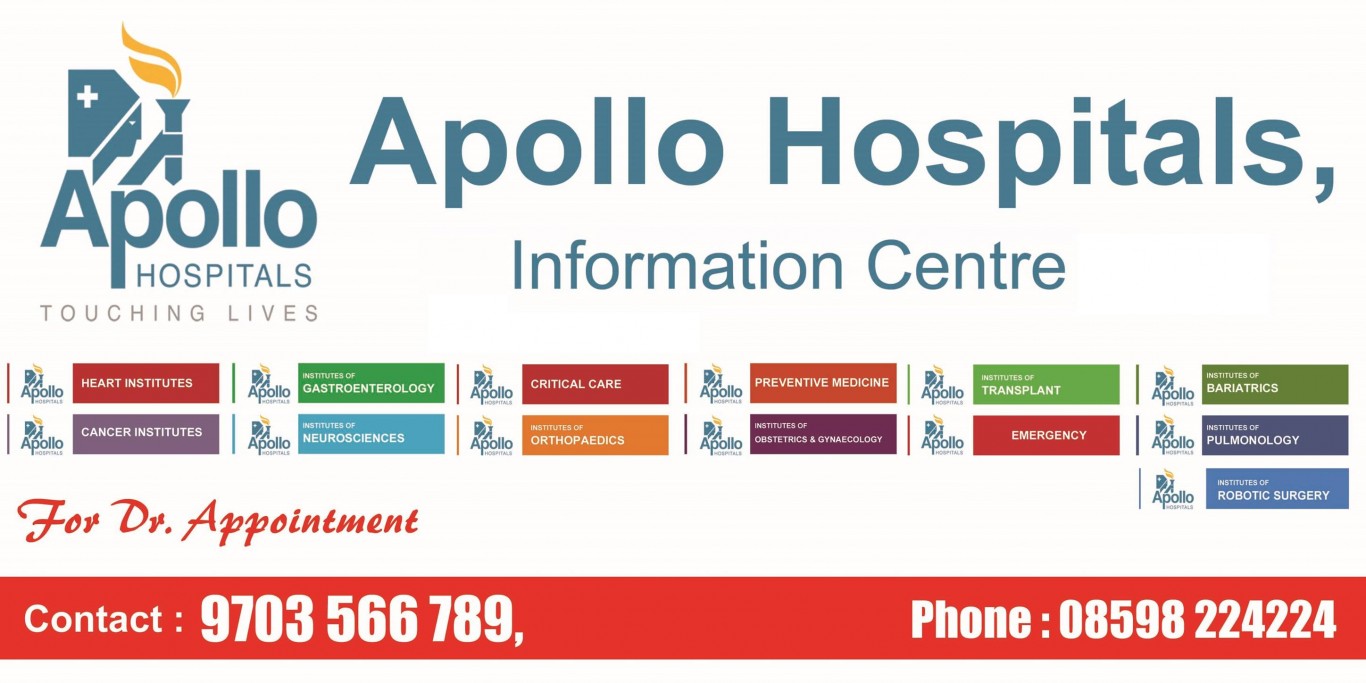New paradigm is to prevent people from falling sick
Joint MD of Apollo Hospitals discusses how advanced technology,especially AI, has revolutionised the healthcare sector.
Artificial Intelligence (AI) and technology have become the latest buzzwords in healthcare. In this interview, Apollo Hospitals joint managing director Dr. Sangita Reddy explains how AI is deployed in the health sector, improvement in healthcare access and paring costs through early-stage detection of diseases using advanced diagnostic systems, apart from the paradigm shifts in healthcare from doctor-centric medical services to doctor and healthcare workers-centric to empower patients. She also discusses the option for patients to tele-consult and send diagnostic reports to doctors or their family physician, from the comfort of their homes.
Q: Every patient wishes to get cured quickly and walk out of the hospital at the earliest. How will AI help such patients suffering from critical diseases? Many of these diseases have early warning symptoms. In case of cardiac problems, cholesterol and blood pressure could be high. In the new paradigm, it is not about waiting till someone falls sick and then making them better quickly; it is to prevent them from falling sick in the first place. In India, 70% of cardiac patients who come to us have three or four vessels blocked. Where was the patient when one vessel was blocked? We can pick up the early warning symptoms since we conduct wide-scale screening. Screening, advanced checkup and early intervention can bring down the number of patients with acute incidences. A health check has to be scientifically designed and followed up with appropriate doctor intervention.
Q: Are AI and deep learning being used at Apollo Hospitals currently? We have a few engines up. Our first and most exciting project is the cardiac riskscore prediction. The Apollo Microsoft Cardiac Risk Score uses over 21parameters and machine learning for the analytics, throws up the risk score and has an accuracy rate of over 87%. It is already in use.
Q:How do you ensure privacy of patients’ data, especially from hacking risks?Somebody may hack and find out that Apollo has 57,000 patients with cardiac problems. But they won’t get the names of patients. We have firewalls and store information in a de-identified manner. There’s an encryption and a key to link the record with the patient when the doctor calls for it. So, all the necessary international protocols are in place. I would hope we are not subjected to unethical hacking.
Q:Which technological intervention in healthcare has amazed you? In isolated pieces, there are a lot of amazing things. I am most amazed by genetic testing, and the ability to use genome sequencing to figure out which part of the cell in the body that has cancer will respond to which medication. That will be very transformational in treatment.
